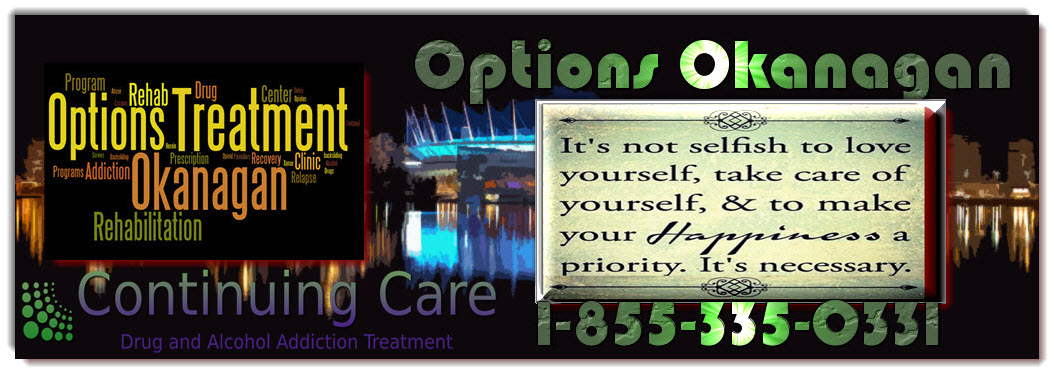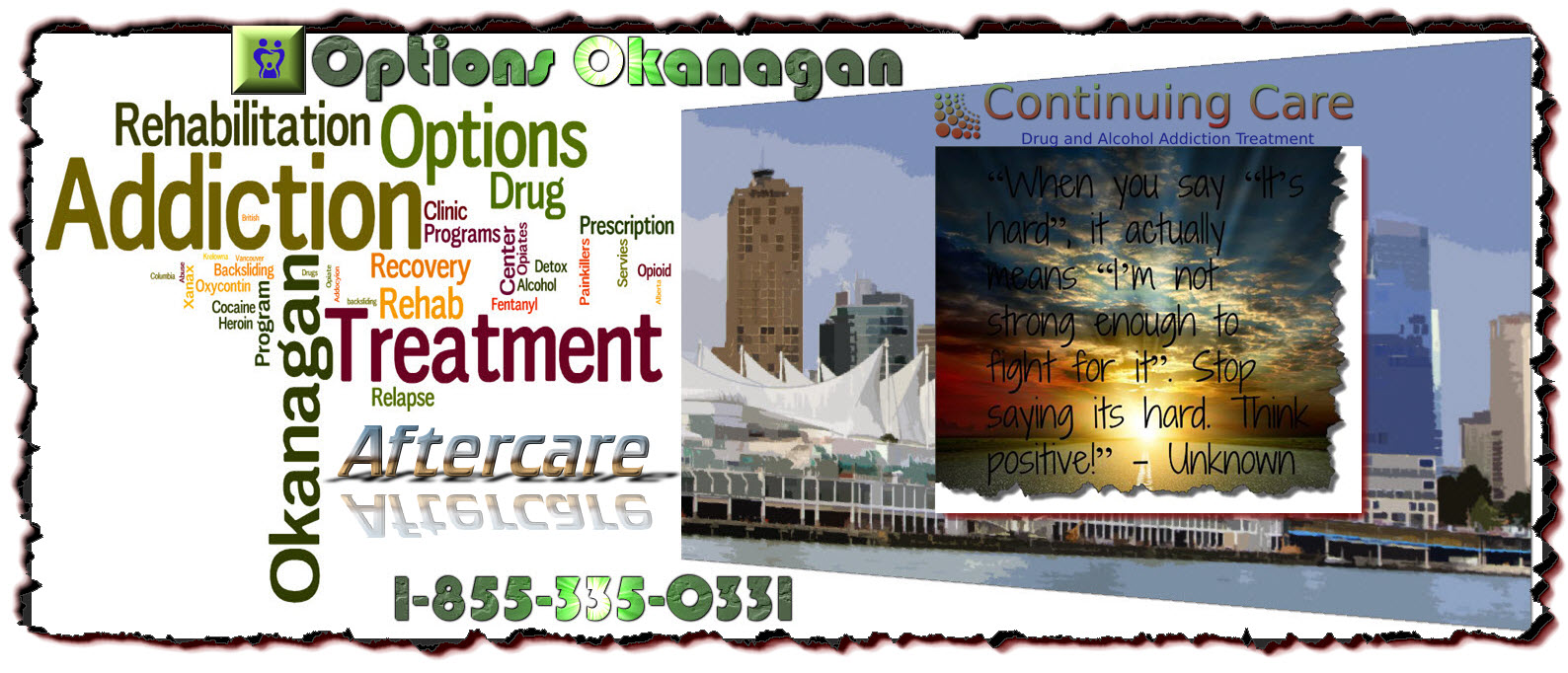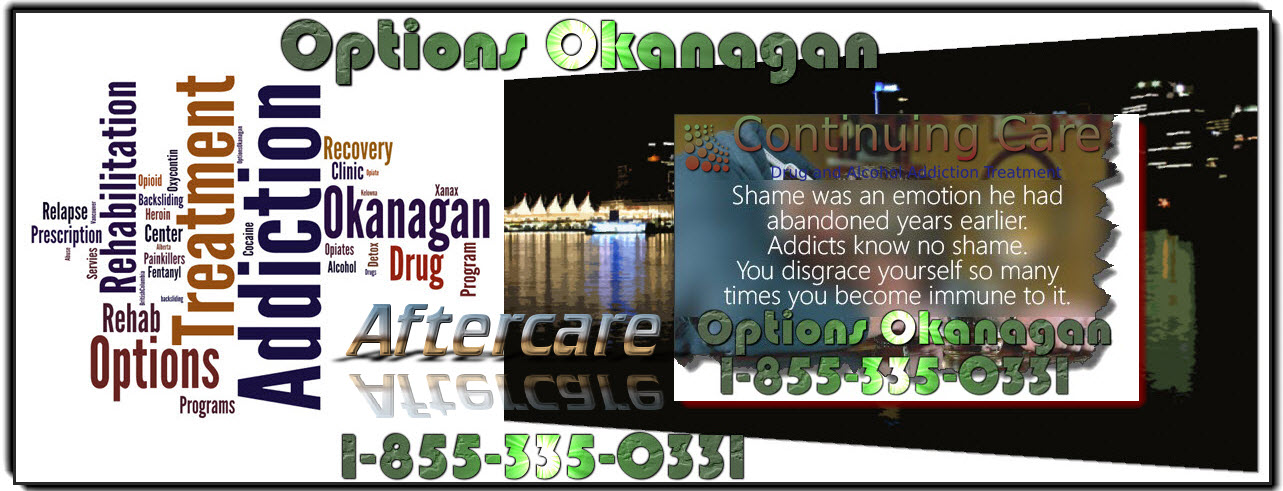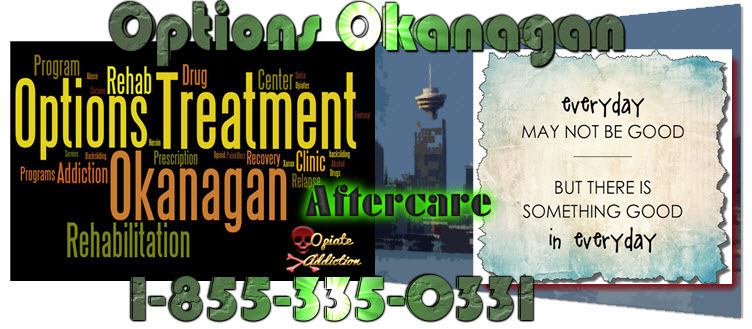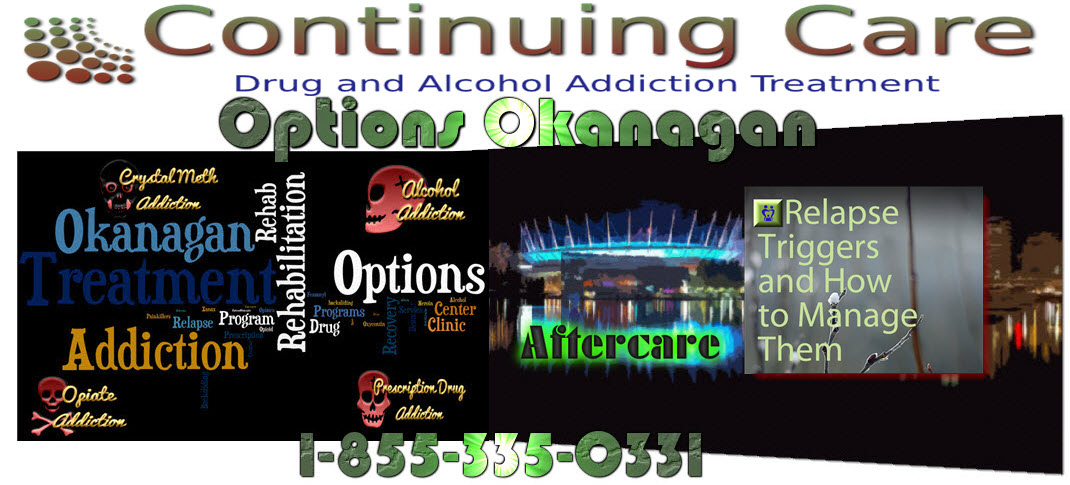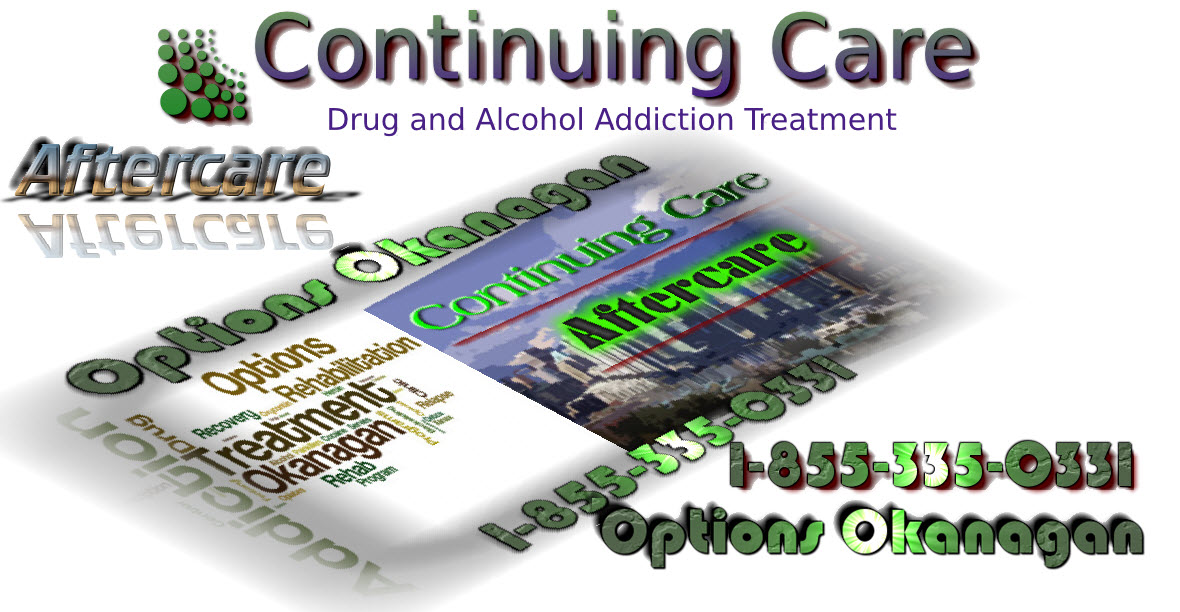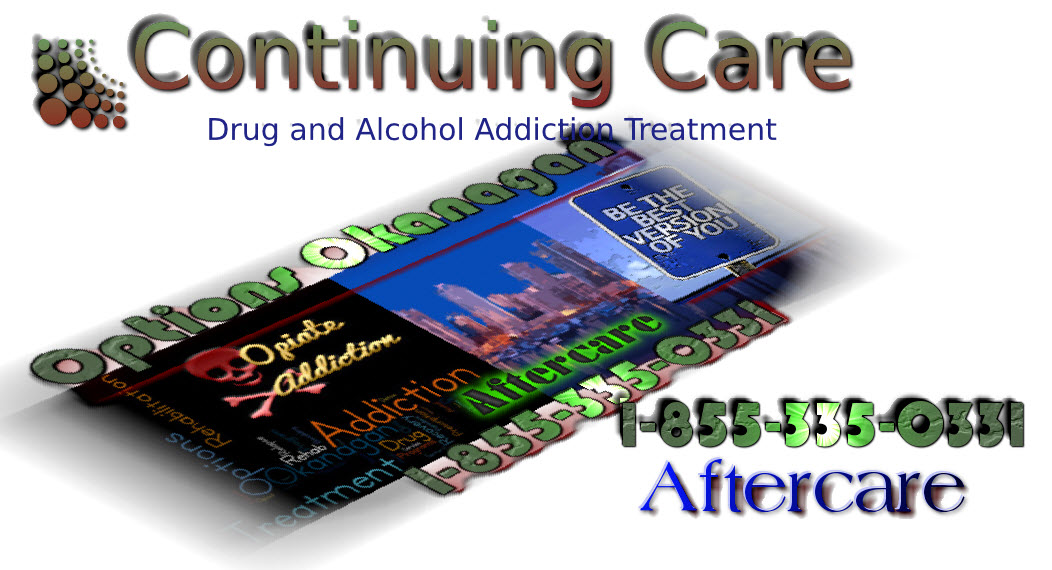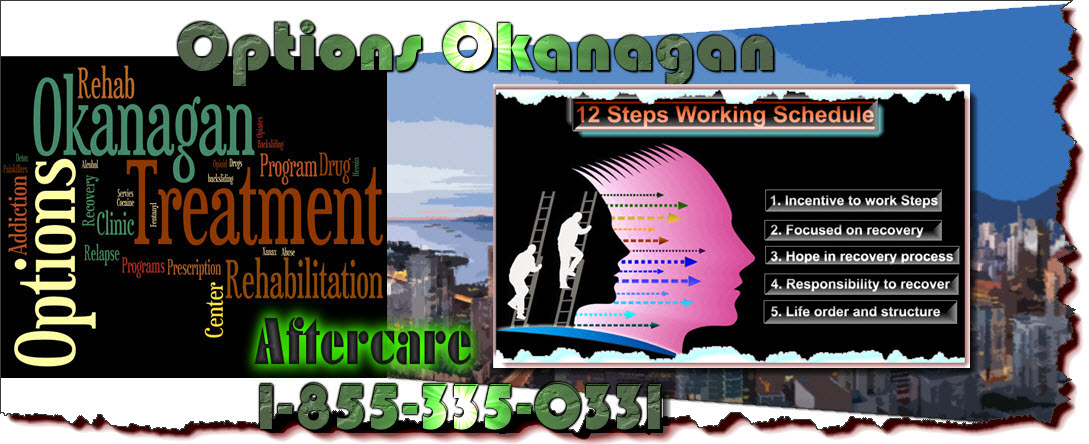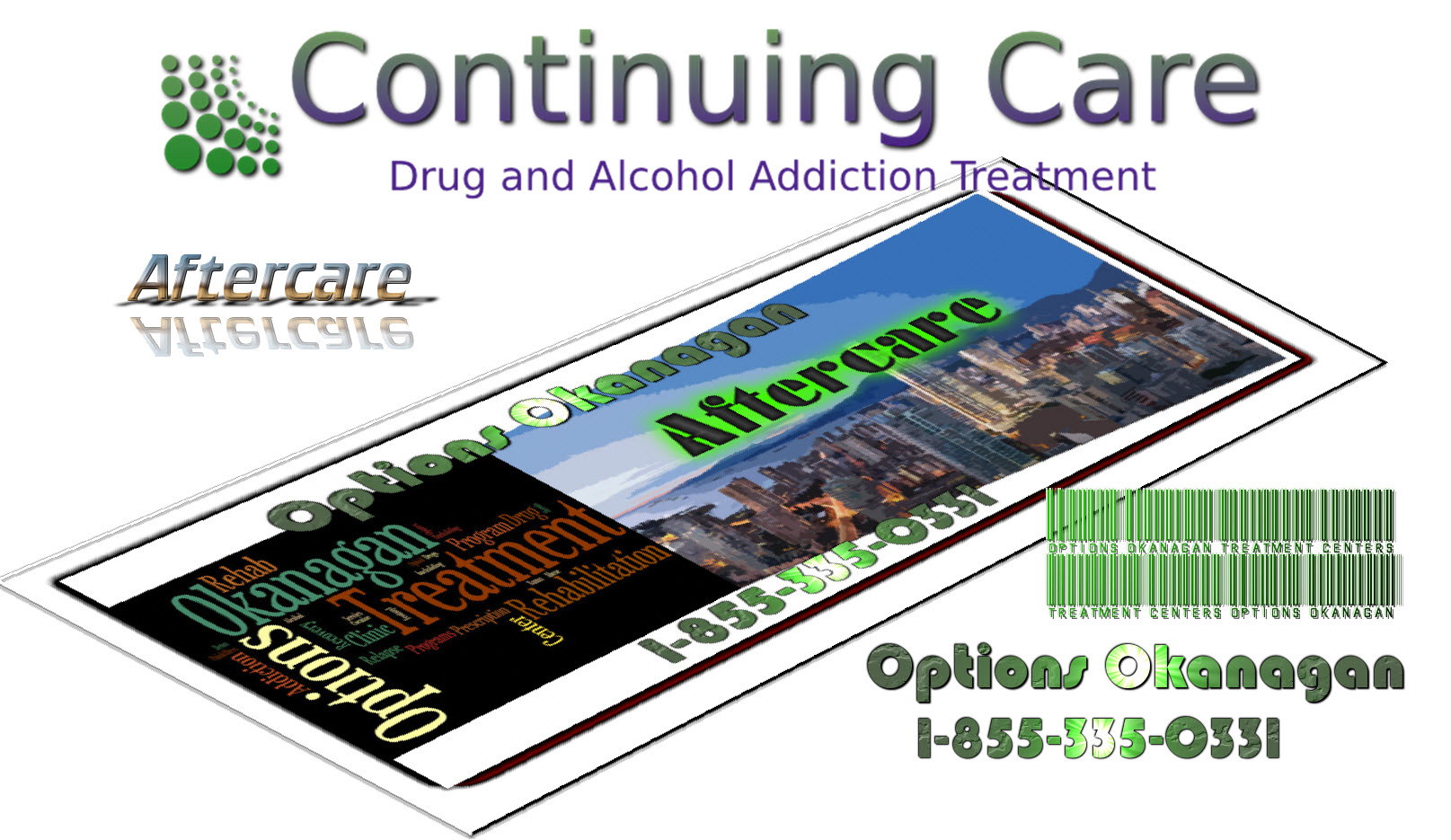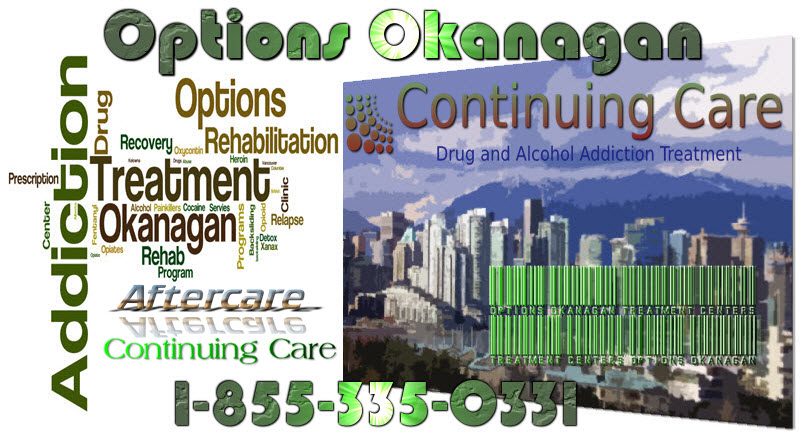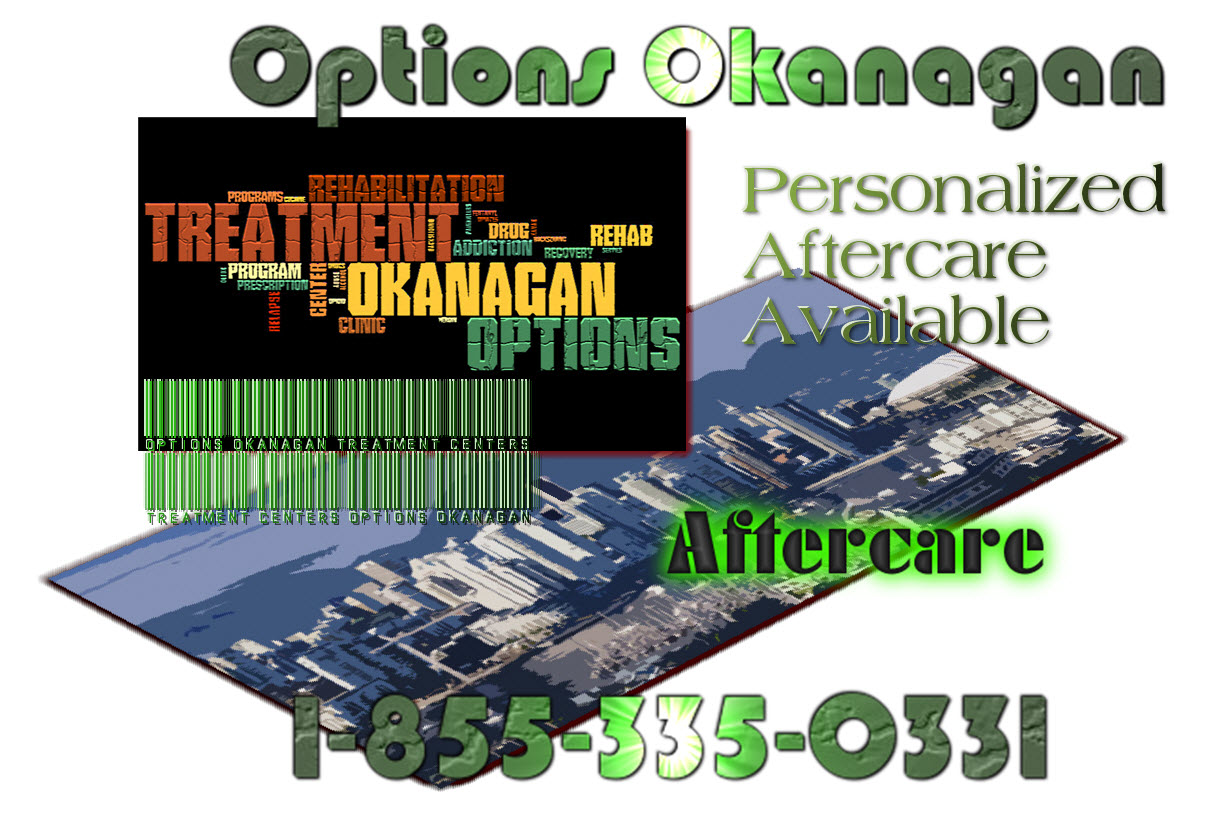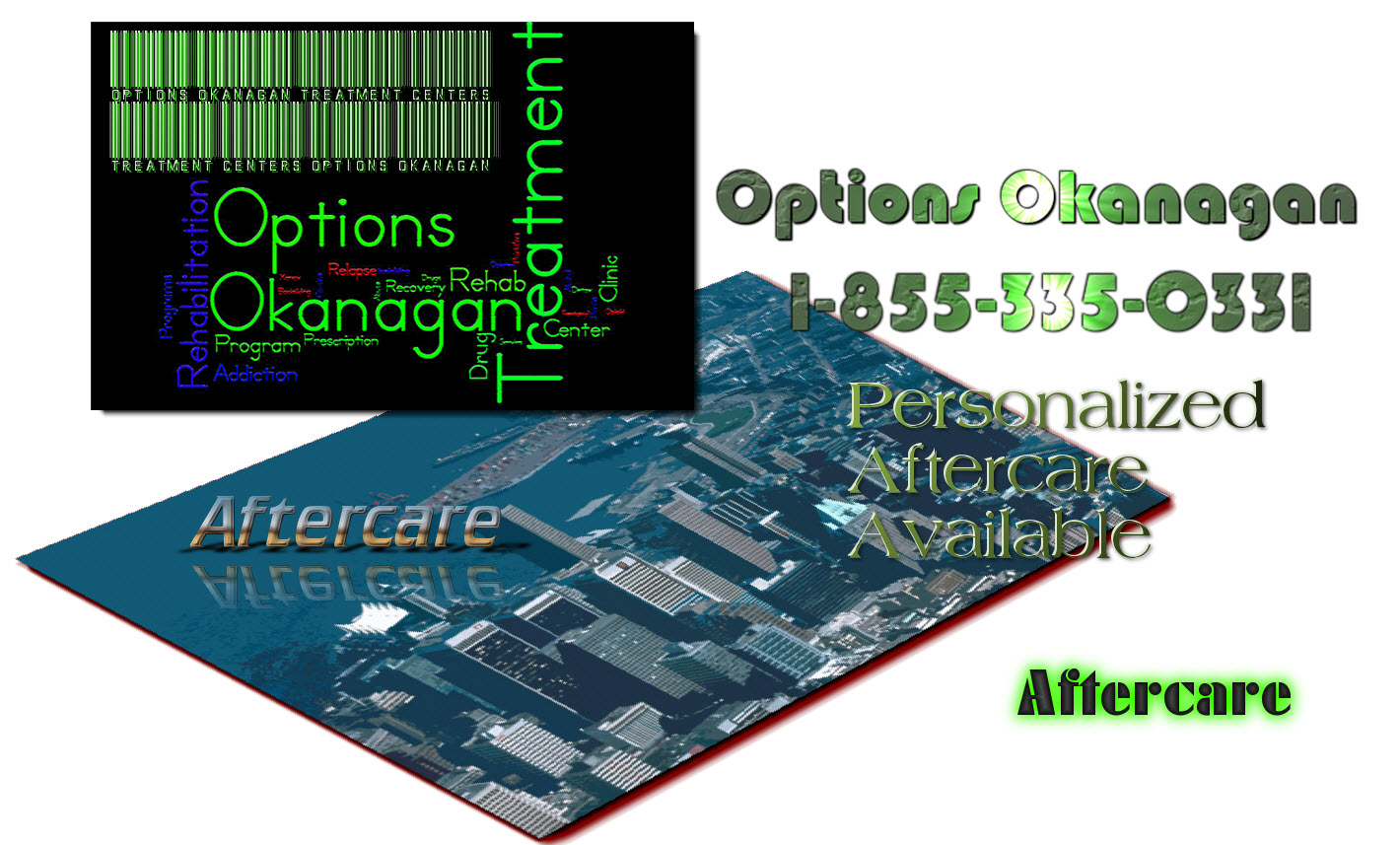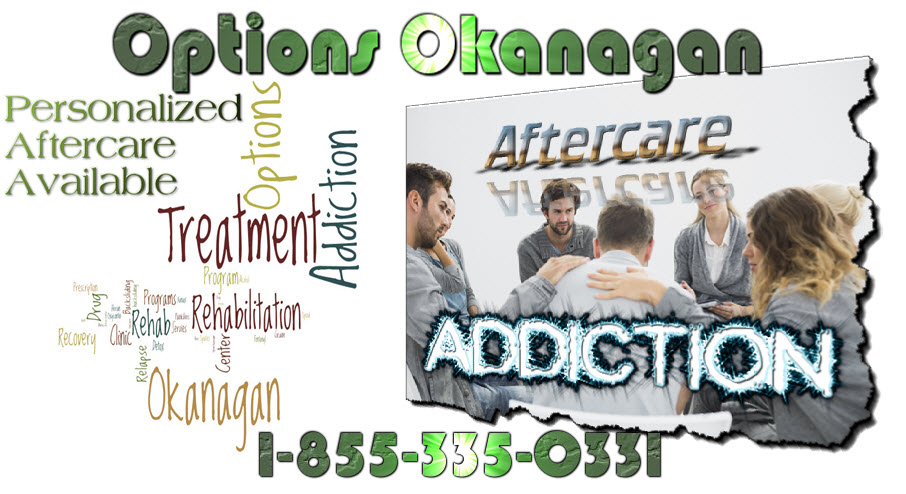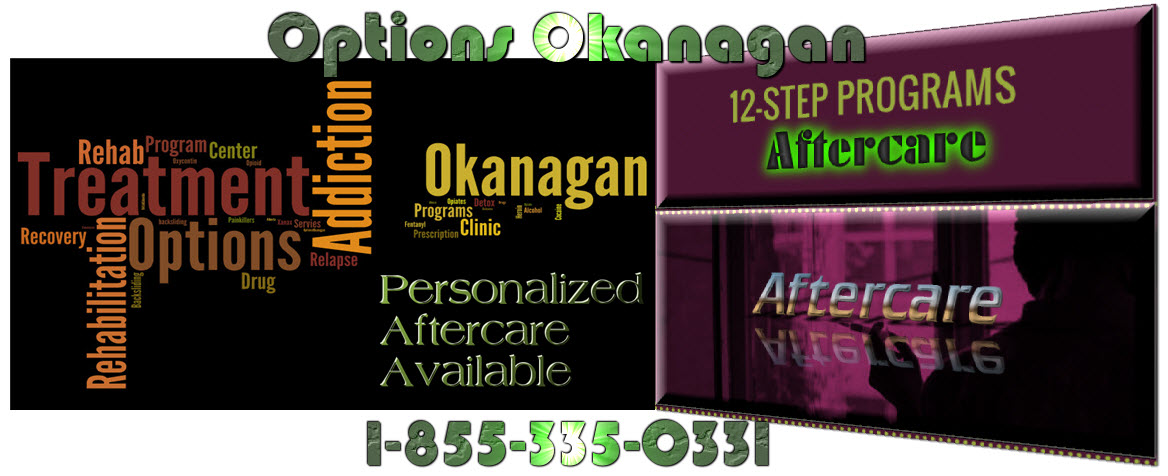How to quit drinking alcohol or stop abusing drugs and getting sober in Vancouver, Victoria and Kelowna, British Columbia. Part 02 – Options Okanagan Treatment Centers in Kelowna, British Columbia treating opiate and alcohol addiction and recovery.
Planning Treatment Options
Rehab centers are beneficial because they take you from unhealthy environments and triggers. If you are an addict, then finding a suitable treatment facility is the best option for you. Entering a rehabilitation treatment center is an excellent way to remove yourself from an unhealthy environment or other triggering situations and promote full accountability in a structured, therapeutic environment.
It is also important to know that what works best for one person, may not work to another. It is, therefore, paramount to do some researches on different treatment options so that you can decide what the best is for you. Examples of some treatment options include:
1. Inpatient Treatment
This is typically an inpatient treatment program that lasts 30 days, 60 days, or 90 days. The duration depends on of a person’s needs. The moment you leave the treatment facility, you are advised to shift from your environment and focus on your recovery.
2. Outpatient Treatment
This kind of treatment involves intensive outpatient, partial hospitalization as well as standard outpatient treatment. Partial and Intensive are structured and time intensive therapy treatments. A person is required to attend therapy several times every week, and it will depend on your treatment program. The typical outpatient programs mainly require a person to appear once every week. This may reduce with time.
3. 12-Step Program
These programs are free to join and their meetings all across America and even Canada. Examples of these programs include Narcotic Anonymous and Alcoholics Anonymous.
4. Alternative Support Groups
Groups like Secular Organizations and SMART Recovery for Sobriety forego a 12-step program spiritual atmosphere. This is based on recovery and scientific principles as well as ongoing acquisition of information.
The Advantages Of Rehab Centers
1. Medical Monitoring
Workers will guarantee that you are well taken care of both in reducing drug addiction as well as in the case of developing other medical issues.
2. Eliminating Temptations
Taking advantage of a rehab center will help you eliminate temptations of using drugs. This is because you will be in an environment free of alcohol and drugs. This alone will give a person some space to look at the damage that addiction has done to you.
Creating A Supportive Network
Make Sure That You Have Questions About The Rehab
The fact of the matter is that you have a much better opportunity to recover if you have a strong network of family, friends, and others who have been in the same situation. This may include regular calls, meetings, or even group meetings. You can take advantages of organizations like Alcoholics Anonymous or Narcotics Anonymous.
With this support, you will know there is always someone to, talk to and they will talk you down if you are tempted. At the same time, it is wise to avoid being around people who are addicted or using the same substance as you, because they will cause you to slip up.
Types Of 12-Step Programs
Apart from Narcotics Anonymous (NA) and Alcoholics Anonymous (AA), programs cater other 12-steps to specific drugs or substance you are using. In general, they include:
• Cocaine Anonymous
• Marijuana Anonymous
• Pills Anonymous
• Gamblers Anonymous
• Heroin Anonymous
• Crystal Meth Anonymous
• Smokers Anonymous and others….
It is wise not to fight addiction alone. It is important to create a strong network of friends and family members, which will help prevent relapse and provide adequate support and encouragement.
Living Alcohol or Drugs Free
The moment you have begun the recovery plan, it is paramount to understand that recovery does not happen within one day. You should always plan ways to overcome temptations, because there are people who will pressure or encourage you from slipping back to your old habits.
You could also take other steps to stimulate a substance-free life:
• Create a strategy that deals with cravings. Always plan ways you could stop your cravings and place yourself on the right track
• Find new activities or hobbies and develop them. It may be hobbies such as art, music, or exercise. These things will break the cycle as well as create a healthy and new habits to replace your old ones
• Make a list why you are looking to get sober. Always look at your list often. The list aim is to remind yourself reasons you need to get sober and what is at stake if you fail.
Techniques To Fight Cravings
1. distraction is a great way thing. moving your attentions to something else like a phone call, books, music and other.
2. Exercise, going outdoors, or spend time in nature.
3. Pay attention to your cravings rather than trying to avoid them. In other words, explore them. With time you will see that they are temporary and they will pass.
4. using ice is an excellent way to distract yourself. Also putting your face in ice cold water will help.
With the right support system, many addicts will find themselves coming to the other side of the tunnel. This is something many people find challenging, but with support, you will surely be there. With these first steps combined with accountability and effort, you will move forward. As individual issues need specialized treatment or program. For this reason, having a personalized plan to improve these techniques or steps could provide the required steps to face the problem as well as beat it.
Give Options Okanagan a call today at 1-855-335-0331 if you are indeed looking for more information about your alcohol and drug center options, including all the details regarding the cost of the treatment.
Options Okanagan Opiate and Alcohol Treatment Centers in Kelowna, Salmon Arm and Vancouver, British Columbia – Men and Women are recovering and healing from Alcohol and Drug Abuse at our treatment center here in the Okanagan right now.
Our unique and distinctive Opiate Drug and Alcohol treatment program allows men and women to come in from Calgary as well as Edmonton as we offer airport pickup.
Numerous clients come to us from Vancouver, Calgary and Edmonton and other locations in Alberta and even other provinces for Opiate addiction treatment, heroin drug treatment, many other drug and alcohol addictions for rehabilitation because of the uniqueness of our treatment center.
Our Treatment Location:
Options Okanagan Drug and Opiate Treatment Center
551 Sherrydale Crescent, Kelowna, British Columbia, V1V 2E6
Toll Free Phone Number : 1-855-335-0331










